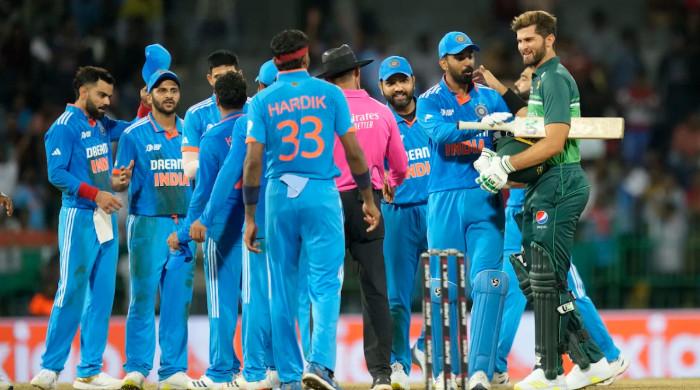BCCI Opts Out of Women’s Emerging Asia Cup Amidst Tensions
The Board of Control for Cricket in India (BCCI) has reportedly notified the Asian Cricket Council (ACC) about its choice to withdraw from the forthcoming Asia Cup 2025, due to strained political relations with Pakistan.
This development arises during a period of renewed deterioration in cross-border relations between the two nations, which is impacting sports engagements.
According to reports, the BCCI has expressed its reluctance to participate in a competition overseen by Pakistan, given that the ACC is currently headed by Pakistan’s Interior Minister and Pakistan Cricket Board (PCB) Chairman, Mohsin Naqvi.
A high-ranking BCCI official verified to the media that India has communicated its stance to the ACC.
“The Indian team cannot participate in a tournament organized by the ACC, led by a Pakistani minister. This reflects the sentiment of the nation,” the official stated.
The BCCI’s decision extends beyond just the men’s Asia Cup. They have also pulled out of the Women’s Emerging Teams Asia Cup, which was scheduled to occur in Sri Lanka next month.
Furthermore, the board has suspended its future involvement in ACC events, awaiting further instructions from the Indian government.
“We have verbally informed the ACC about our withdrawal from the Women’s Emerging Teams Asia Cup and placed our future participation in their events on hold. We maintain ongoing communication with the Indian government,” the official added.
This action brings uncertainty to the Asia Cup 2025, which Pakistan was expected to host later this year, intensifying the already delicate state of cricketing relations between India and Pakistan.
Bilateral series between these long-standing rivals have been on hold since 2012, with encounters limited to ICC and ACC events like the World Cup, Champions Trophy, and Asia Cup.
However, the escalating political divide now threatens even these infrequent matches.
Notably, the 2023 Asia Cup edition adopted a hybrid format, with matches held in both Pakistan and Sri Lanka to accommodate India’s refusal to travel to Pakistan.
India ultimately secured the title with a convincing win against Sri Lanka in the final.
Pakistan was defeated by Sri Lanka in a close match, failing to defend a 253-run target. Sri Lanka achieved a thrilling victory, reaching the final by securing victory on the last ball, despite losing eight wickets.
In the final, Sri Lanka were bowled out for just 50 runs, which India surpassed in only 6.1 overs.



Comments (0)
No comments yet. Be the first to comment!
Leave a Comment